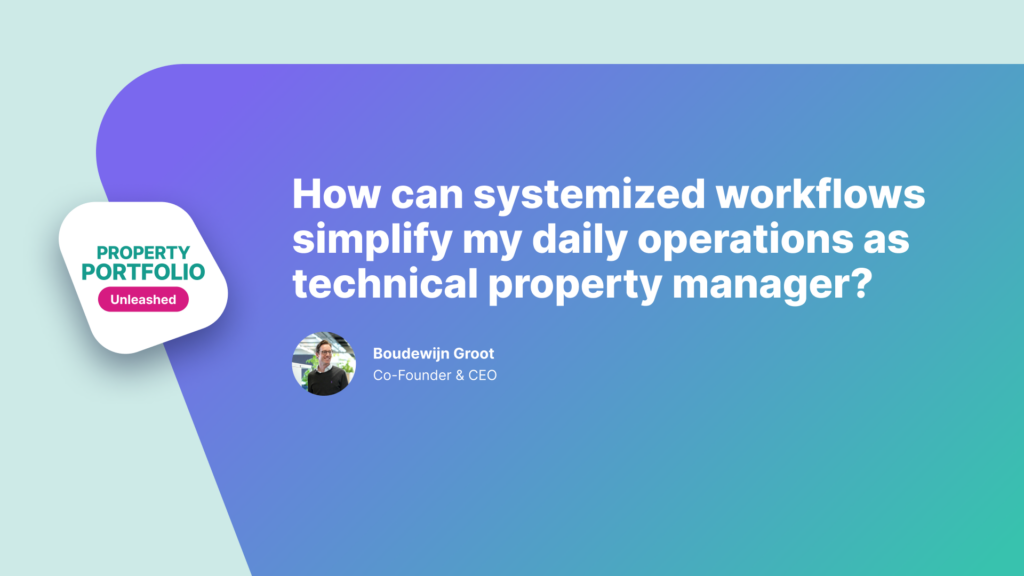Key Takeaways
Direct communication is an essential yet time-consuming part of property management.
Reminders and follow-ups form a significant portion of a property manager's workflow.
Decoding the complexity of collective maintenance in property management.
The need for structured communication among property managers, assistant managers, tenants, and suppliers is paramount.
The scope of technology & innovation in streamlining property management tasks.
Property management is essential in the thriving real estate sector, emphasizing meticulous attention to detail in areas such as technical maintenance, financial oversight, and customer service, alongside strategic stakeholder engagement. It demands a comprehensive understanding of property maintenance and superior communication skills to efficiently navigate the complex network of owners, suppliers, and tenants—a process that is inherently time-consuming.
Through the effective management of these relationships and assets, property managers significantly contribute to increasing the value and success of real estate investments, ensuring long-term benefits like tenant satisfaction and operational efficiency.
At the heart of Real Estate communication
Property managers and technical assistants stand as the cornerstone of communication, acting as the central hub for the flow of information. Whether it’s responding to inquiries about complex assets or identifying the responsible suppliers for specific installations, they consistently find themselves at the heart of these interactions.
Their day starts with tackling their inbox, a repository filled with urgent matters and inquiries. The same also holds true for their counterparts like technical asset managers.
Reminders: A crucial yet time-consuming task
Amidst their immense responsibilities, one crucial yet hefty role stands out—sending out reminders. Whether it’s about urging suppliers to bid by a specific date or requesting inspection reports, they spend a tremendous duration on this task. The process involves drafting reminders and the mental load of tracking responses, ensuring no stone is left unturned.
Collective maintenance, another significant time drain, also surfaces regularly. For instance, when a tenant reports an issue, there begins a cycle of communication and resolution with the concerned supplier. Timely and organized communication holds the key to prevent additional efforts from all parties involved.
Embrace technology, optimize property management
Conclusively, the complex web of communication within property management involving different stakeholders emerges as a significant, time-consuming challenge. The task in hand now is to streamline these processes without compromising their essential role.
Embracing technology and innovation is the go-to direction for the industry to alleviate this burden and improve collaboration between all stakeholders.






